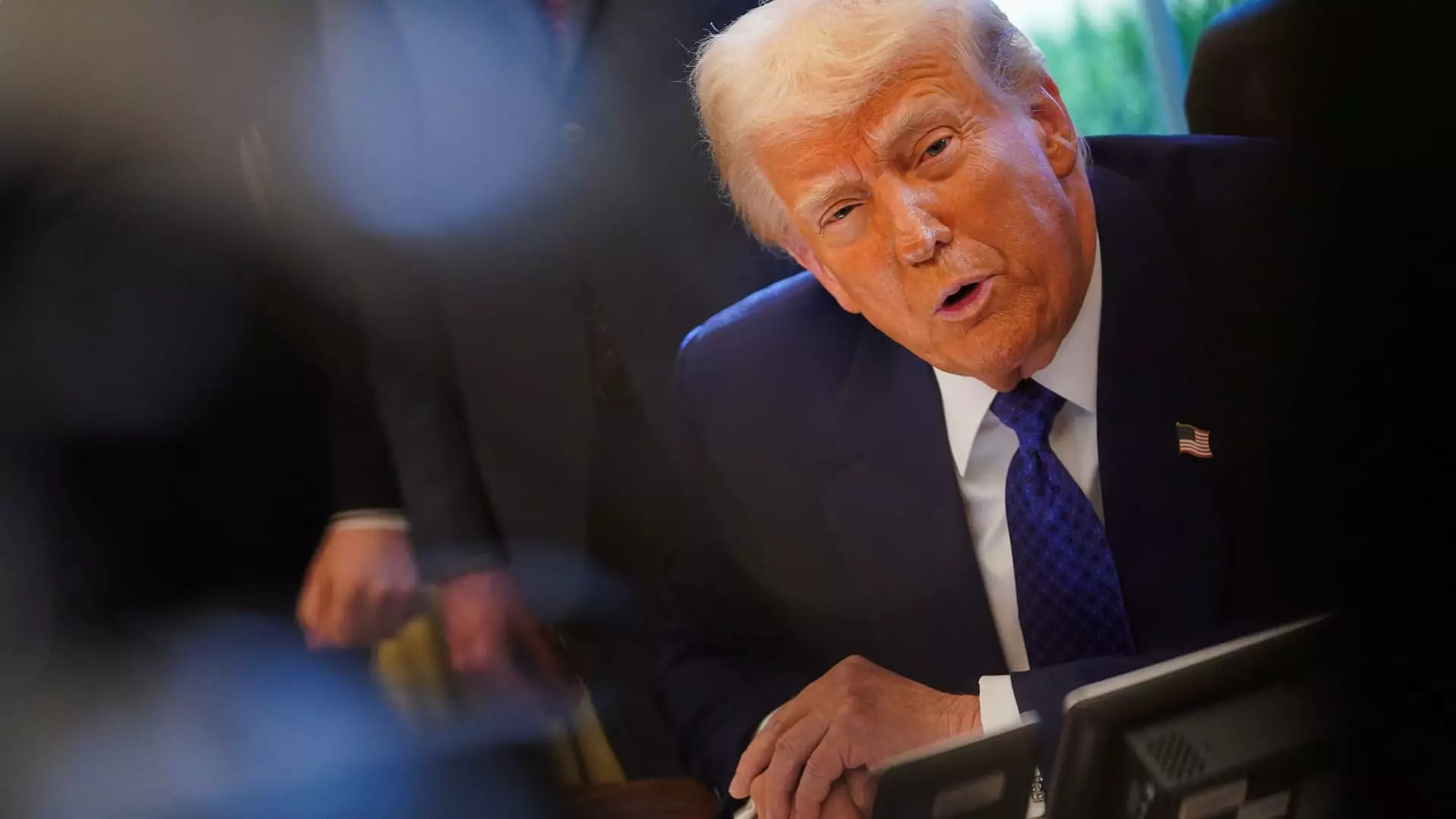The current geopolitical landscape surrounding Ukraine is underscored by a significant new proposal from the United States that could alter the country’s economic future and its international alliances. This article explores the ramifications of the U.S. suggestion for a 50% ownership stake in Ukraine’s rare earth minerals and how this could affect Ukraine’s sovereignty, the war with Russia, and U.S.-Ukraine relations.
According to multiple U.S. officials, the Trump administration has put forth a controversial proposal granting the United States substantial ownership—specifically, 50%—of Ukraine’s rare earth minerals. This deal is ostensibly positioned as a method for Ukraine to honor its financial obligations related to U.S. military and logistical support, which has totaled billions since the onset of the conflict in February 2022.
Rare earth minerals are integral to modern technology, fueling everything from smartphones to military equipment. By securing a stake in these resources, the U.S. could potentially ensure access to critical materials for its own technological and defense industries.
Treasury Secretary Scott Bessent presented this proposition to Ukrainian President Volodymyr Zelenskyy during a recent meeting in Kyiv. However, the Ukrainian leader opted not to sign the proposed agreement, indicating he required more time for thorough review and consultation with his team. This decision reflects a cautious approach to a proposal that could fundamentally reshape Ukraine’s resource management and foreign relations.
During a subsequent meeting at a global security conference in Munich, Zelenskyy insisted that the terms of the draft agreement needed to be clarified further and that input from his legal advisors was essential. This cautious stance is indicative of the potential internal and external ramifications such an agreement could elicit, as it raises questions about Ukrainian sovereignty and national resources.
Strategic Implications for U.S. Military Involvement
Intriguingly, the discussions also suggest the possibility of deploying U.S. troops in Ukraine, a notion that has provoked controversy and concern. Defense Secretary Pete Hegseth publicly stated that U.S. troops would not be sent without robust security guarantees from Ukraine. However, this assertion conflicts with comments from Vice President JD Vance and others, who have hinted that military engagement is on the table if diplomatic efforts with Russia falter.
The prospect of U.S. military presence is fraught with complexities. While it could bolster Ukraine’s defense against Russian advances, it could also embroil the United States further in the conflict, which many U.S. lawmakers and citizens are wary about. Historically, the American public has shown declining enthusiasm for protracted military engagements abroad.
Ukraine’s Dependency on U.S. Support
President Zelenskyy emphasized the crucial dependency Ukraine has on U.S. military aid, stating that survival against the challenges imposed by Russia would be “very difficult” without such support. This statement underscores the precarious position Ukraine finds itself in, caught between a fierce ongoing war and the daunting task of negotiating favorable terms with a powerful ally.
Additionally, former President Trump has publicly expressed a desire to monetize the rare earth resources to garner $500 billion in value, suggesting that Ukraine’s cooperation could effectively transform into a financial transaction. Trump’s rhetoric about Ukraine’s ability to secure U.S. support hints at a transactional view of international relationships, where aid is equated with resource exploitation.
As the discussions surrounding the proposed ownership stake in Ukraine’s rare earth minerals advance, various elements come into play. Questions about sovereignty, military involvement, and economic dependency present a challenging landscape for the Ukrainian government. The proposal may serve as a lifeline for Ukraine but, at the same time, represents a potential shift in the balance of power, as the U.S. seeks not just a strategic ally but a financial foothold in a resource-rich country amid ongoing conflict. This delicate balance of power is critical, as it could define the future of U.S.-Ukraine relations and the broader conflict with Russia.
Navigating this landscape will require careful consideration from Ukrainian leaders, as they weigh the potential benefits and risks of engaging with such proposals in an increasingly complex geopolitical environment.


Leave a Reply